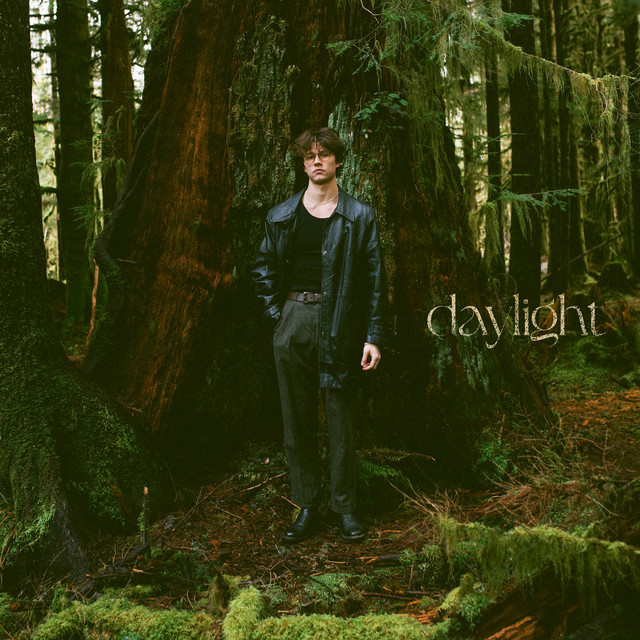The lyrics in David Kushner’s “Daylight” stands as a vivid exploration of inner conflict and the struggle between sinful actions and the pursuit of redemption. The song portrays a deeply conflicitive relationship, painting a portrait of individuals intrinsically tied by guilt and shameful secrets they endeavor to hide ‘from the daylight’.
Right out of the gates, Kushner’s lyrics ‘Telling myself I won’t go there, Oh, but I know that I won’t care’ sets the tone for the narrative of self-confliction and impulsive behaviour. These opening lines express the internal tug-of-war between knowing what’s right (or at least healthier) and being allured by the dark side, even when they’re fully aware of the consequences of their actions. They’ve tried to ‘wash away all the blood they’ve spilt,’ signifying regret and remorse for past actions, yet, the ‘lust’ they share is a burden too heavy to cast aside.
The chorus serves as the confession of the struggle: ‘Oh, I love it and I hate it at the same time. You and I drink the poison from the same vine. Hiding all of our sins from the daylight.’ This recurring refrain speaks to their shared addiction to this toxic relationship or situation that they can’t seem to break free from, even though they both find it as destructive (‘drinking the poison’) as they do thrilling. The reference to ‘hiding all of our sins from the daylight’ repeats the motif of shame and concealment.

The second verse introduces the plea for mercy and divine help. Kushner croons, ‘Deep down, way down, Lord, I try. Try to follow your light, but it’s night time.’ This shows a desperate cry for help, acknowledging their struggle to walk the righteous path in the darkness of their current state, indicative of their self-doubts and fear of abandonment.
In essence, “Daylight” is David Kushner’s emotionally-charged exploration of human frailty, the allure of forbidden fruit, and the constant yearning for salvation. It depicts the vicious cycle of sin and repentance and the often futile attempts to break free from damaging patterns. This potent concoction of themes is a testament to Kushner’s lyrical prowess, presenting a deeply introspective and universally relatable narrative.








